About Us
Turning the Tide (TTT) is a transformative European cooperation project, co-funded by Creative Europe, dedicated to exploring and confronting the pressing issue of climate change through the lens of artistic practices. Our initiative spans across five European cities, Gdansk (Poland), Vienna (Austria), Evia (Greece), Stockholm (Sweden) and Glasgow (Scotland), each facing unique challenges related to climate change, particularly in waterfront zones. We are a partnership of diverse organisations and experts from various fields, united by a commitment to inspiring impactful change through innovative, artistic interventions.




“Moments from the TTT Summit in Glasgow. © Sophie McCartney, Lou Taylor, Greg Kelly.”
We envision a world where climate justice and conflict, the most pressing and interconnected challenges, or “wicked problems”, of the 21st century are addressed through creative and holistic solutions. Rather than attempting to tackle these major issues in isolation, we start with a simple but fundamental question: ‘What kind of world do we want to live in?’. From this starting point, we believe that questions of sustainability, carbon offsetting, and just transition can be naturally answered, guiding us toward actionable solutions that benefit us all.
Our work is grounded in the theory of cultural planning and city development, inspired by Patrick Geddes, which incorporates holistic planning and draws from sociological, ontological, and anthropological perspectives. We use socially engaged practice as our key methodology, embracing collaboration and creativity as a way to unlock deeper understanding. Artists are at the heart of this process. Through their unique ability to touch emotions, communicate complex ideas, and inspire fresh perspectives, they make intricate issues accessible, fostering clarity and engagement at every level of society.
Our team
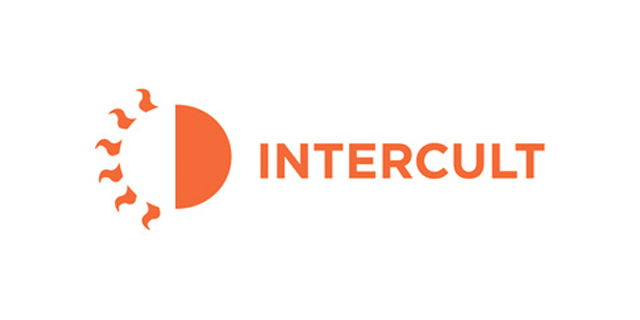
Intercult
Intercult is an independent production and resource centre for culture based in Stockholm, Sweden. We are a hub for local, regional and international cultural exchanges, initiator and leader of collaborative cultural projects, networks, sharing intercultural and international project competence.
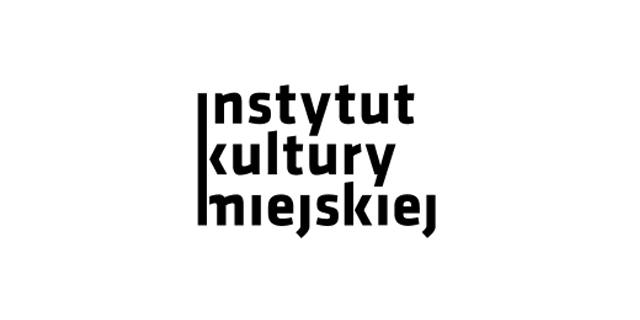
Instytut Kultury Miejskiej
Instytut Kultury Miejskiej (Urban Culture Institute) is a municipal cultural institution in Gdańsk (Poland). It enhances the role of culture in city life and stimulates active participation in city culture. The aim of the Urban Culture Institute actions is to strengthen and link cultural networks with different areas of residents’ life. We act through the co-working with experts within a frame of our cultural observatory and through direct activities targeted at inhabitants.
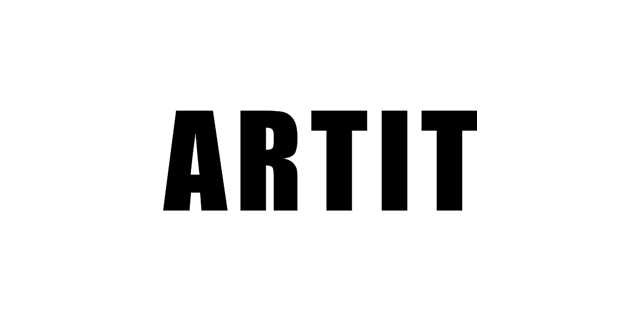
Artit
ARTIT is a pioneering online community that connects, supports and rewards visual artists by hosting monthly publishing opportunities and a wide range of theme-specific virtual exhibitions through its digital platform. Based on the principle of art as a powerful tool that can trigger positive change, ARTIT uses art as a means to give voice to artists and organisations that strive for the best version of the world we live in.
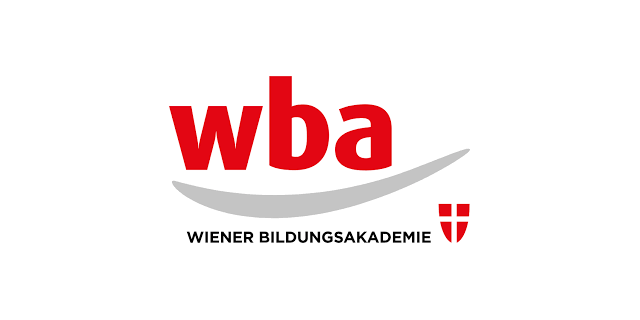
Wiener Bildungsakademie
The Vienna Education Academy is a social democratic educational institution that is committed to the fundamental values of freedom, equality, justice and solidarity. Through our extensive educational offerings, we want to strengthen the democratic structures in our city and network and support those who want to further develop our city and our political system.
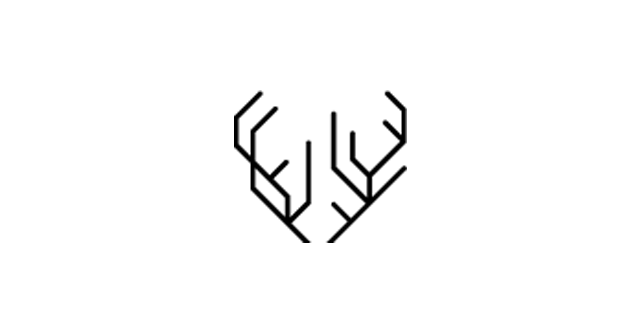
Dear Hunter
Dear Hunter is an artistic research practice that produces maps and atlases based on ethnographic fieldwork and the founder of what is called ‘cartopology’. The practice was established in 2014 and works for (mainly) governments across Europe on mapping public space with the aim of better understanding it. In addition to practicing cartopology, the team of Dear Hunter, Marlies Vermeulen and Remy Kroese, recently started founded the Institute of Cartopology in Vaals, The Netherlands, with the purpose of intensively questioning cartopology but also sharing it through a variety of activities with a broad public.

Fablevision
Since 1984, Fablevision has been developing practice-based artistic interventionism within grassroots community policy areas – socially engaged artists revealing untold stories have impacted changing narratives around for example disability, regeneration, planning and social policy. With a social enterprise sister organisation called StudioFV, Fablevision projects also provide training and work experience for long term unemployed/people with long term conditions.
